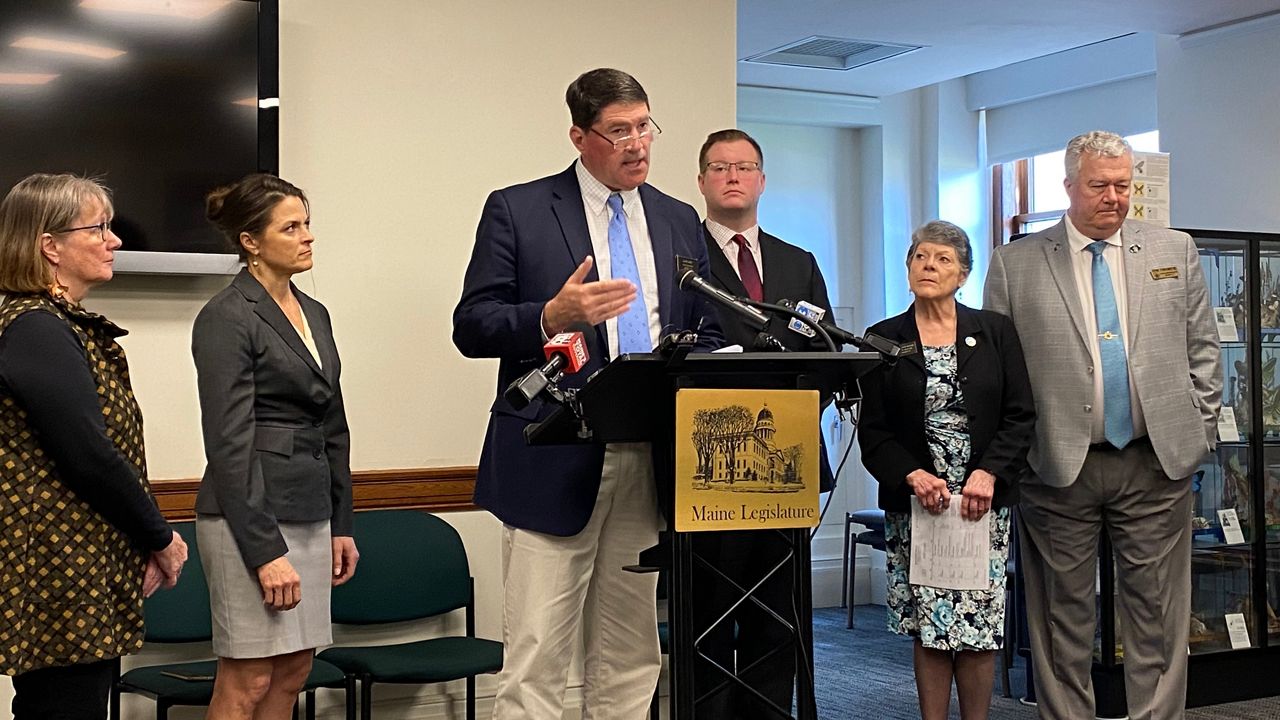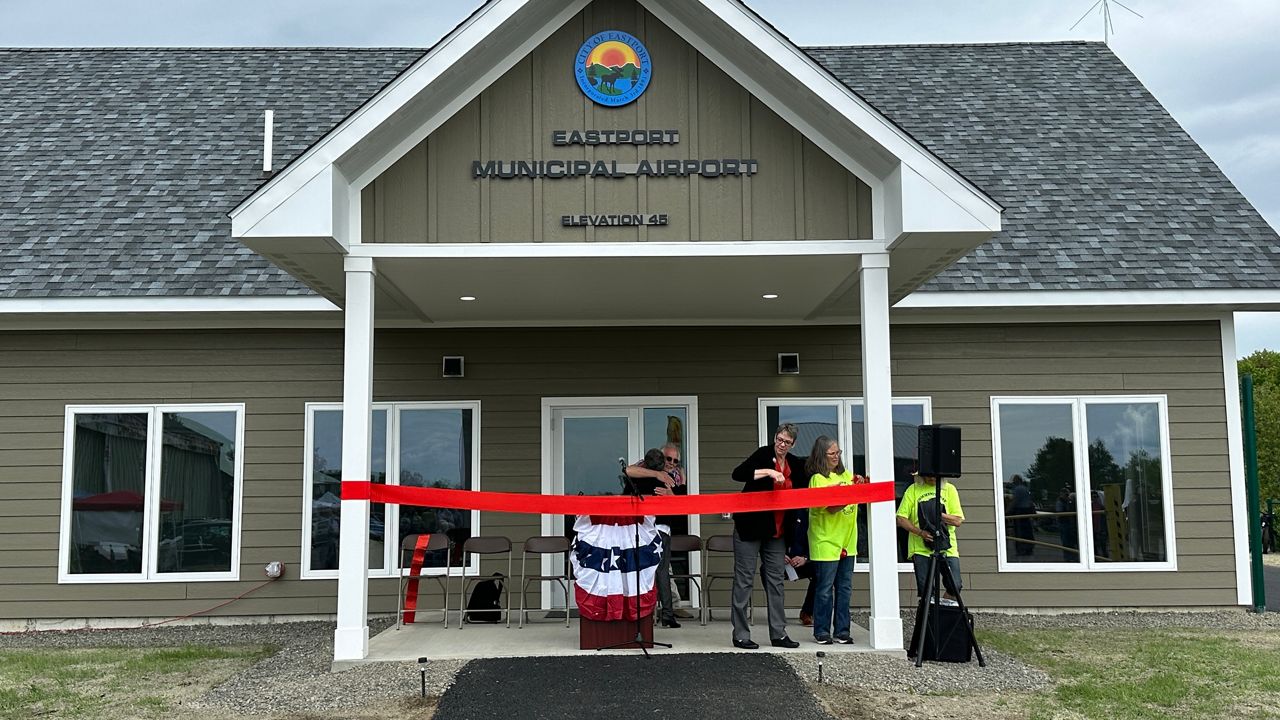When Mathews Brothers Windows decided to expand to Hermon, the company took advantage of the state’s Pine Tree Development Zone Program to reduce costs on items like new vehicles.
CEO John Magri said the money saved is reinvested into the company. Lately, funds are needed to attract and retain workers.
He estimates that the tax break program saves Belfast-based Mathews Brothers — the country’s oldest window manufacturer — “five or six figures” a year.
As lawmakers prepare to discuss changes to the 20-year-old program, Magri suggests they consider a different focus.
“We’re involved in a program to create jobs, but people aren’t applying for jobs,” he said. “There is no workforce out there. The Pine Tree program is great. I appreciate the state doing it, but it addresses something that’s not the issue at this time.”
The Pine Tree Development Zone Program launched in 2003 when the state looked to lure businesses to distressed areas to create jobs. At one point, it was expanded to cover the entire state, then retracted to cover all areas except York and Cumberland counties.
There are about 130 businesses enrolled in the program, with businesses reporting they received about $14 million in benefits in 2021, according to the Maine Department of Economic and Community Development.
The program offers an income tax credit, a sales tax exemption and enrollment in a program that reimburses a company a percentage of employee wages, said Phoenix McLaughlin, the department’s tax incentive policy manager.
As an example, McLaughlin said if a business has 10 jobs that meet certain requirements, the business would be reimbursed 3.6% of employee wages at the end of the year.
Current state law ends certifications for the program in December and mandates that all benefits be terminated in 2033. However, the department is asking lawmakers to extend the program another five years.
That request — and bills introduced to change the program — drew the attention of the Government Oversight Committee, which is considering whether it’s time for a full review of the program’s effectiveness.
“There is a big division among some people who believe it works and some people who believe it doesn’t,” Rep. Anne-Marie Mastraccio (D-Sanford) said during the March 10 meeting of the committee. “I would really like to be able to look at a report that says yes it does or no it doesn’t, how much does it cost and is there a return on investment?”
A legislator in her fifth term, Mastraccio said there are times when lawmakers vote on bills without having enough information.
“We pass a lot of stuff that we’re not sure about,” she said. “We like to think it works. I would like, if people ask me, … to be able to give them an answer or a place to look.”

Republican Sen. Jim Libby of Standish, a member of the Taxation Committee, said he was in the Legislature when the program launched to help economically distressed areas of the state.
He now wonders if expanding the program to 14 of the state’s 16 counties has made it less effective.
“All the economic development incentives are stackable,” he said. “I know that companies build them into their business plans. I still think there’s a place for them.”
Economic and Community Development Commissioner Heather Johnson told Spectrum News earlier this week that the Mills administration is working on revamping the program and that a bill to make changes will come before the Legislature in the coming weeks.
She feels strongly that the state needs to offer incentives so Maine is at least in the running for new businesses or expansions.
For the last few years, the department has been working on revisions to the program. But until those changes are made, the administration needs to continue the current program to give predictability to enrollees, Johnson said.
“You need to take away the risk for businesses that there won’t be any program,” she said. “As part of this broader work of bringing forward new legislation and creating a stable base for existing businesses, you’ll see a multipronged look at this work as we go forward.”
Johnson said it’s difficult to quantify the program’s success because company leaders rarely look at one thing when they decide to expand operations or locate in a new state.
But Maine needs to at least have some sort of program to be in what she called the “funnel of discussion.”
“In the funnel of discussion is, do you have the right incentives to make the business model work, do you have the right workforce to make the business work, do you have the right location, what’s the time from start to finish, are you close to appropriate shipping lanes?” she said.
Johnson didn’t share details about what the state will propose as changes, but she hinted that a revamped Pine Tree program will likely focus more on the workforce.
“Workforce has become one of the biggest opportunities we have in Maine,” she said. “How we help improve and grow productivity per worker is a big part of how we grow the Maine economy.”












